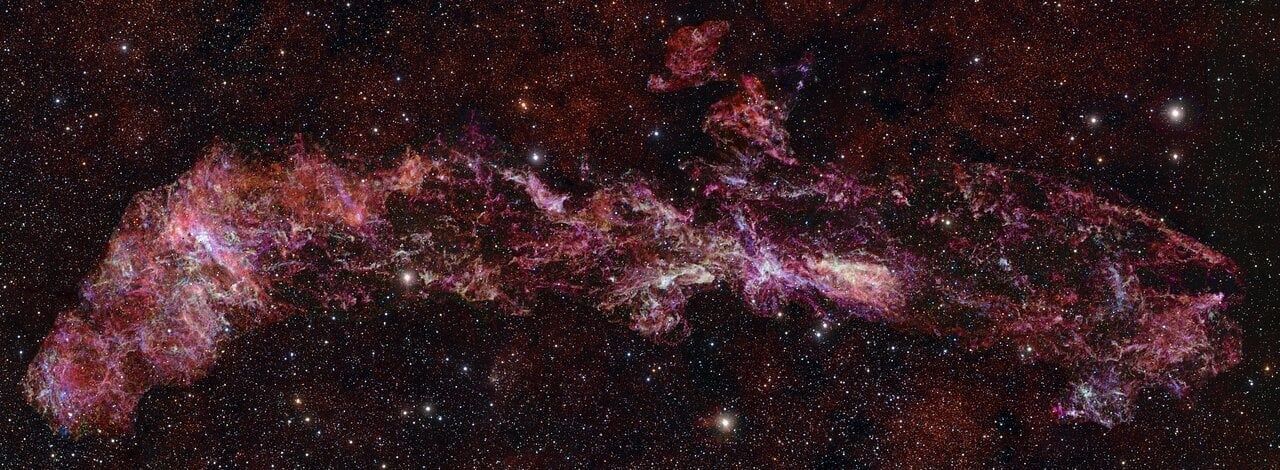
This week brought remarkable advancements in scientific research, ranging from stunning auroras visible in unexpected locations to intriguing studies on animal behavior and human health. These findings not only capture the imagination but also provide valuable insights into our world.
Sun’s Triple Eruption Sparks Spectacular Auroras
On March 5, 2024, a rare event occurred as the Sun unleashed a powerful “triple cannibal” coronal mass ejection, sending charged particles towards Earth. This cosmic spectacle resulted in stunning auroras, which were observed as far south as Florida. The simultaneous arrival of material from three solar eruptions created an auroral storm that illuminated skies in regions typically unaffected by such displays.
New Insights into Animal Communication and Health
In an innovative study, researchers at Queen Mary University of London successfully trained bumblebees to recognize a simplified version of Morse code. The bees learned to associate long and short light flashes with food rewards. According to behavioral scientist Alex Davidson, this ability to process time duration may reveal fundamental properties of the nervous system. “Only further research will be able to address this issue,” Davidson stated, highlighting the potential implications for our understanding of animal cognition.
In another notable finding, research from the Northwestern Institute of Plateau Biology in China examined a berry extract used in ancient Chinese medicine. The study revealed that this extract can restore healthy fat metabolism in diabetic mice, effectively normalizing blood sugar levels. Lead researcher Huilan Yue noted, “Instead of just lowering blood sugar like most medications, this plant extract appears to help the body regain its natural metabolic balance.” This discovery could have far-reaching implications for managing diabetes and other insulin resistance-related conditions.
Rock, Paper, Scissors: Winning Strategies Revealed
A study analyzing 15,000 games of ‘rock, paper, scissors’ uncovered an effective strategy for winning: players should adopt a random approach and disregard previous outcomes. The research indicates that only the brains of losing players retain information about past games, while winners benefit from a fresh perspective. This insight may change how enthusiasts approach the classic game.
Moreover, simulations have shown that the equator presents a heightened risk for potential impacts from interstellar objects (ISOs). These simulations suggest that seasonal variations affect impact probabilities, with ISOs arriving with greater velocity in spring. Conversely, winter months bring an increased frequency of potential impactors due to Earth’s positioning relative to the solar apex.
As these diverse scientific discoveries unfold, they not only expand our understanding of the natural world but also pave the way for future research and potential applications in health, communication, and our cosmic environment.






